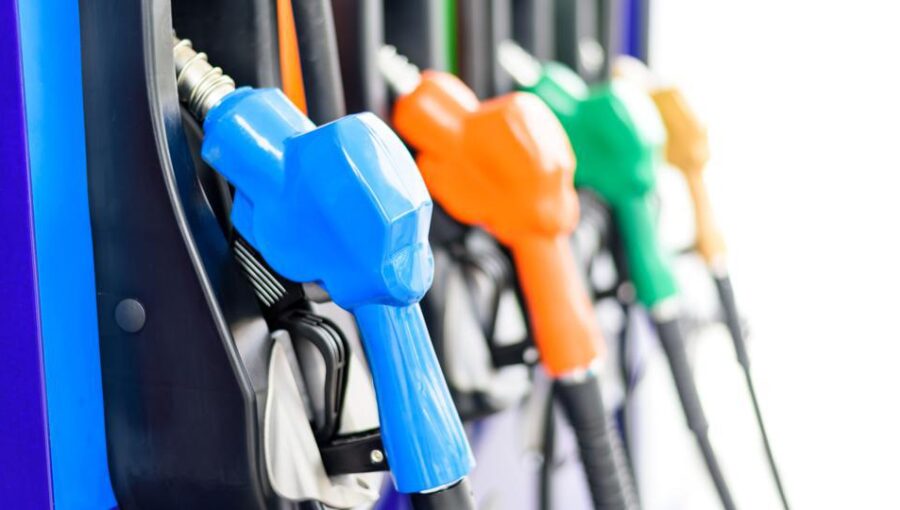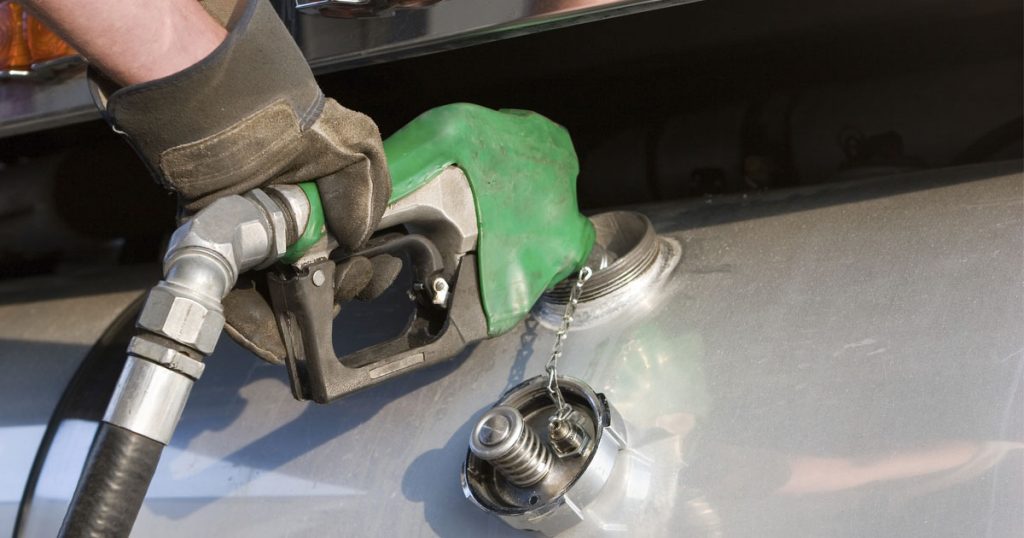House of Dispatch news
Blog
Fuel Efficiency in Trucking Industry

In the trucking industry, fuel expenses constitute a significant portion of operating costs. As a result, optimizing fuel efficiency is crucial for truck drivers and fleet operators to maximize profitability. In this blog post, we will explore practical tips and strategies to help you optimize your fuel efficiency and reduce fuel expenses. Let’s delve into the world of fuel-saving techniques!
Maintain Proper Tire Pressure:
Maintaining the correct tire pressure is essential for optimal fuel efficiency. Underinflated tires increase rolling resistance, which requires more energy to propel the truck forward. By regularly checking and maintaining proper tire pressure, you can:
Reduce fuel consumption: Properly inflated tires minimize rolling resistance, resulting in improved fuel efficiency and reduced fuel consumption.
Enhance tire lifespan: Correct tire pressure ensures even wear and extends the life of your tires, reducing the frequency and cost of replacements.
Streamline Your Vehicle’s Aerodynamics:
Efficient aerodynamics can significantly impact fuel efficiency. Consider the following strategies to streamline your vehicle and reduce wind resistance:
Install aerodynamic devices: Utilize devices such as side skirts, trailer tails, and roof fairings to optimize airflow around the truck and trailer. These additions reduce drag and can lead to substantial fuel savings.
Avoid unnecessary weight and protrusions: Remove unnecessary accessories or equipment that can increase wind resistance. Additionally, avoid mounting items on the exterior of the truck that disrupt the smooth flow of air.
Keep the truck clean: A clean vehicle experiences less wind resistance than a dirty one. Regularly wash your truck to maintain its aerodynamic efficiency.
Implementing these aerodynamic measures can have a significant impact on fuel efficiency, resulting in long-term cost savings.
Adopt Efficient Driving Techniques:
The driving habits of truck operators play a crucial role in fuel consumption. By adopting fuel-efficient driving techniques, you can optimize your fuel efficiency. Here are some practices to consider:
Maintain a steady speed: Avoid unnecessary acceleration and deceleration, as it consumes more fuel. Instead, strive for a consistent speed, especially on highways.
Use cruise control: Cruise control helps maintain a steady speed, reducing fuel consumption by eliminating unnecessary speed fluctuations.
Anticipate traffic and road conditions: Look ahead and anticipate traffic patterns, upcoming signals, and road conditions. This allows you to adjust your driving style accordingly, avoiding sudden braking or acceleration.
Engine idle reduction: Minimize idling time by turning off the engine during extended stops. Excessive idling consumes fuel without providing any productive output.
By implementing these fuel-efficient driving techniques, you can enhance your fuel economy and reduce overall fuel costs.
Regular Vehicle Maintenance:
Proper vehicle maintenance is essential for optimal fuel efficiency. Neglecting maintenance tasks can lead to decreased performance and increased fuel consumption. Consider the following maintenance practices:
Regularly change engine oil and filters: Clean oil and filters ensure the smooth operation of your engine, improving fuel efficiency.
Maintain proper wheel alignment: Misaligned wheels cause increased rolling resistance, leading to higher fuel consumption. Regularly aligning your wheels helps reduce this resistance and improve fuel efficiency.
Check and clean air filters: Clogged air filters restrict airflow to the engine, negatively impacting fuel efficiency. Regularly inspect and clean or replace air filters as necessary.
Monitor tire condition: Ensure your tires have sufficient tread depth and are free from damage. Well-maintained tires result in better fuel economy.
By adhering to a comprehensive maintenance schedule, you can keep your truck in optimal condition, maximizing fuel efficiency and reducing fuel-related expenses.
House of Dispatch, a trusted professional dispatching service provider, can further support your efforts in fuel efficiency by offering expert route optimization and real-time monitoring. Partnering with House of Dispatch can enhance your fuel-saving initiatives and contribute to your overall cost-saving goals. Together, these strategies and services will help you maximize your fuel efficiency, reduce operational costs, and drive long-term success in the trucking industry.
